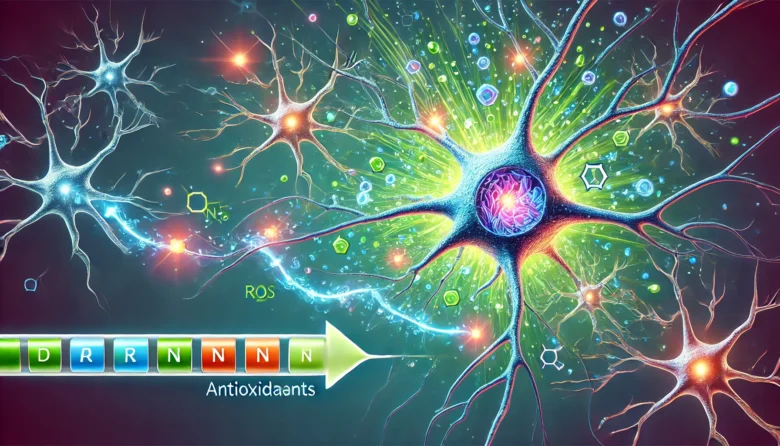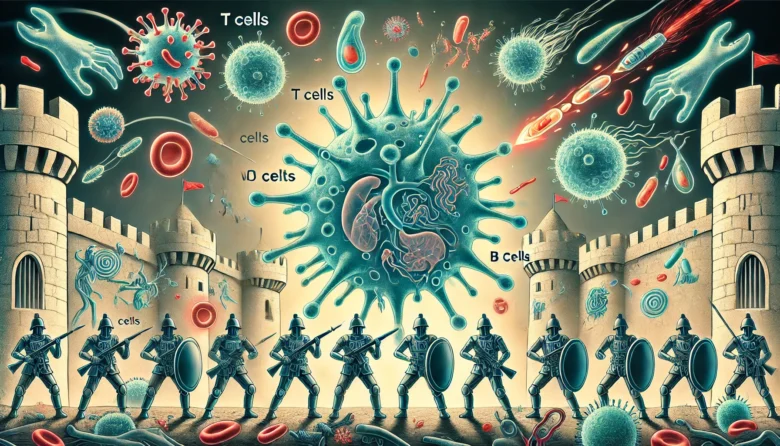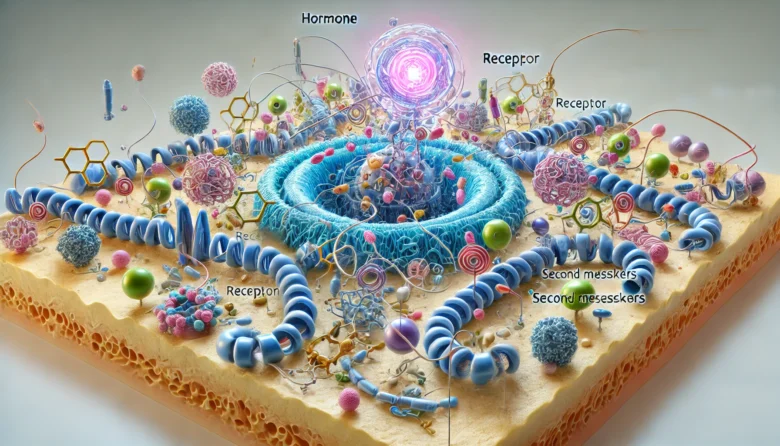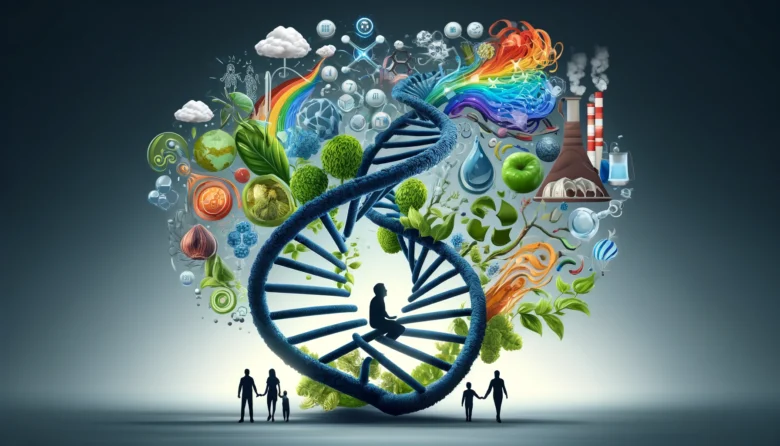Fun fact: Bees don’t just visit flowers randomly—they actually choose flowers in ways that balance their intake of protein, fats, and carbohydrates. That’s nature’s version of “macro counting.” You know all the diet noise—keto, intermittent fasting, vegan, high-protein shakes, “detoxes.” Meanwhile, bees are quietly getting it right. The recent study “For bees, diet isn’t one-size-fits-all” …
Did you know? The ideal room temperature for sleep is around 65°F (18°C), which can improve sleep quality and make you feel more refreshed in the morning. Sleep is something we all need, yet most of us struggle to get it just right. The Science of Sleep isn’t just about counting sheep or turning off …
Fun Fact: Did you know that the discovery of antibiotics was actually an accident? In 1928, Alexander Fleming discovered penicillin by accident after noticing that mould had developed in one of his Petri dishes, destroying the nearby bacterial colonies. Antibiotics have revolutionized modern medicine, allowing us to combat deadly infections and diseases effectively. But alongside …
Fun Fact: Did you know that your brain contains around 86 billion neurons, all constantly communicating to keep your body functioning? When neurons begin to function improperly, they can give rise to severe health issues known as neurodegenerative disorders. Neurodegenerative disorders refer to a group of conditions where nerve cells (neurons) in the brain and …
Ever wonder what happens when your body fights off a cold or heals from a cut? The incredible dynamics of immune system responses are at play! The immune system is an intricate and sophisticated network that shields our bodies from harmful invaders such as bacteria, viruses, and toxins. It’s like having an army inside you, …
When we hear the word “hormones,” we often think about mood swings, adolescence, or perhaps even stress. But have you ever wondered about the intricate chemistry behind how hormones actually work? Hormonal signaling pathways are intricate and essential systems that govern almost every aspect of our body’s functions, including growth, metabolism, mood, and reproduction. In …
Have you ever looked up at the night sky and struggled to see the stars? That’s light pollution at work. While city lights make our streets safer and our homes more comfortable, they come with a downside that’s often overlooked. Light pollution isn’t just an issue for stargazers; it’s causing real problems for wildlife, ecosystems, …
Epigenetics is a fascinating field of biology that examines the chemical modifications of DNA and histone proteins, which affect gene expression without altering the underlying DNA sequence. This area of study extends our understanding of genetics beyond the simple sequence of nucleotides in DNA to include the dynamic and reversible processes that regulate gene activity …
pH, a term we often encounter in science classes, profoundly influences both the natural world and our daily lives. This simple scale, ranging from acidic to alkaline, is a cornerstone of chemical science, underpinning countless processes from the metabolic pathways in our bodies to the functioning of ecosystems. Despite its scientific origins, the concept of …
Have you ever wondered why we age and what might be at the core of this inevitable process? Imagine if there were a biological clock within each cell of our body, ticking away and determining the lifespan of our cells, and thereby, perhaps, our overall longevity. This is not just a figment of science fiction; …










